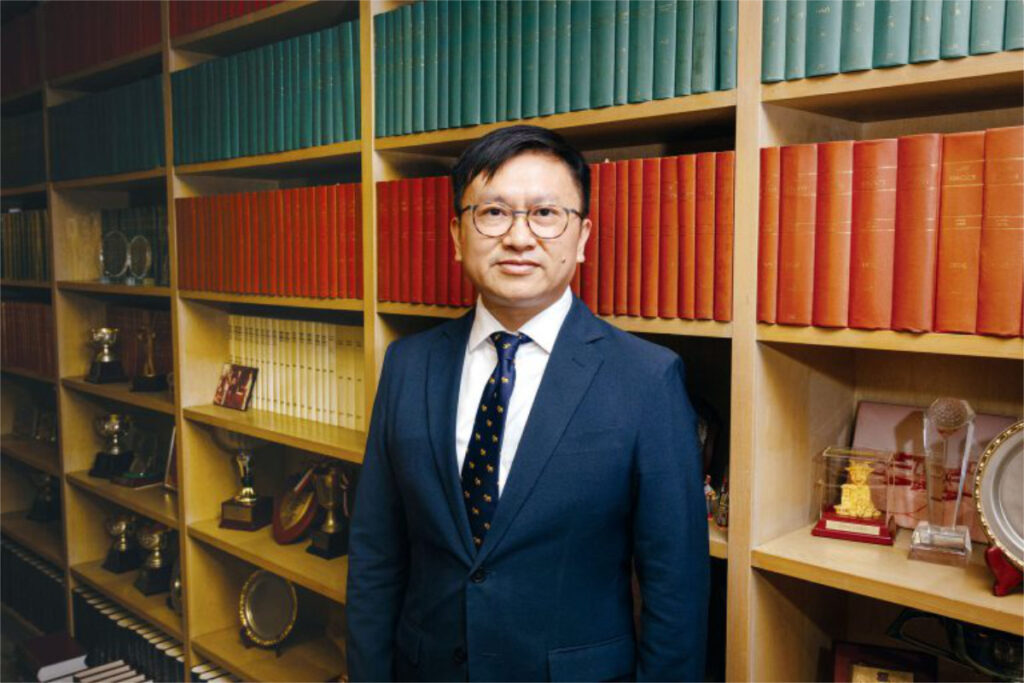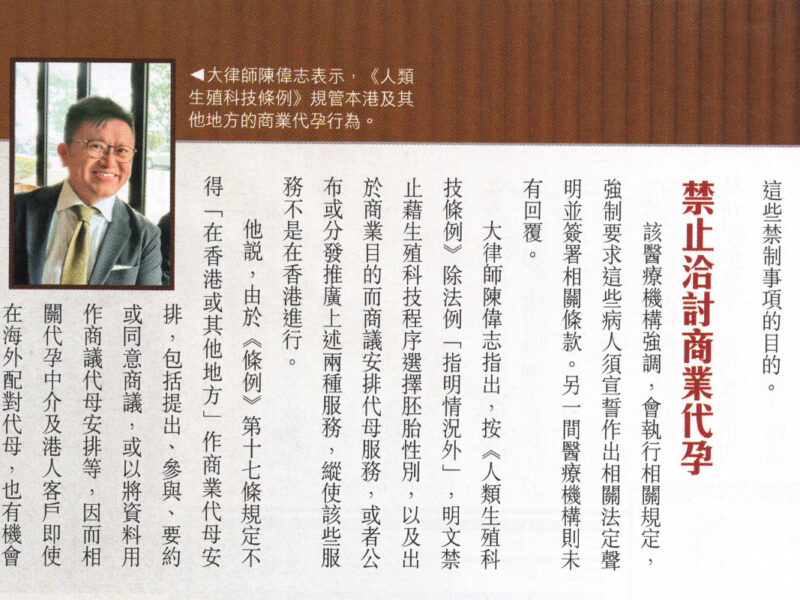Mr Gordon Chan discussed the use of AI in the legal profession and the recent guideline by the Hong Kong Judiciary on using generative AI in a featured article of kinliu.hk.

In the interview, Mr Gordon Chan discussed the development of AI tools such as ChatGPT, a recent Hong Kong court guideline on the use of generative AI, and how the legal profession uses these new tools.
The interesting issue of whether AI tools can replace judges’ functions can be analysed from both legal and technical aspects.
Legally, our Basic Law provided safeguards against such use. Under BL 85, Hong Kong courts “shall exercise judicial power independently”, while BL 86 guaranteed the “principle of trial by jury previously practised in Hong Kong”. Thus, using AI tools to decide cases would amount to a dereliction of judicial duty.
Technically, these current AI tools may not be what they seem but just the “illusion of intelligence”. It could take little for humans to perceive an intelligent dialogue, even with prior generations of AI chatbots. Equally alarming is the issue of “black box algorithms”, that little is known about the inner workings of the AI tools. A single “temperature” perimeter in ChatGPT can mean the difference between coherent and gibberish outputs. It is hardly difficult to see that these tools are ill-suited to decide upon serious legal issues, ranging from the loss of liberty to the propriety rights to a fortune.
The trend of using AI in the legal profession is inevitable, and it is good that these professions are using new tools to assist in their work. However, it is vital to understand how these tools work and their limitations.
Gordon Chan, Esq
Barrister-at-law, Archbold Hong Kong Editor on Public Health, and Member of the Bar Association's Committee on Criminal Law and Procedure. Specialised in medical, technology and criminal law.


